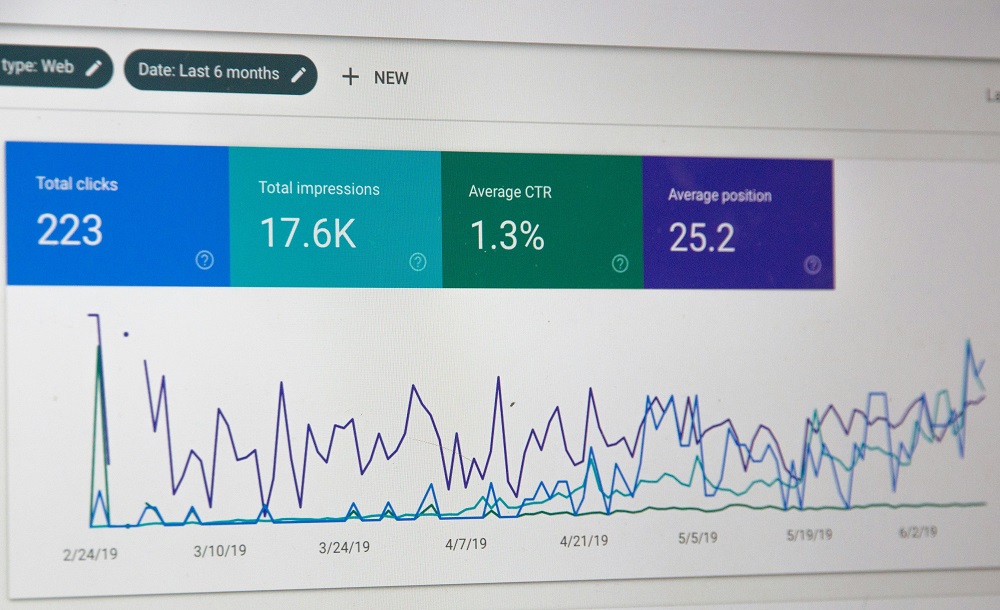Organizations today are taking advantage of AI to discover insights, better their operational efficiency and invest in fewer remedial tasks.
With the opportunities and applications for AI growing, an often-underestimated aspect of driving successful AI initiatives is the data used for the models. The caliber of data influences AI’s performance and assists with shaping its decisions and outcomes. When AI systems are powered by poor-quality data, the consequences are likely to affect various aspects of their operations and lead to negative outcomes.
AI mimics human intelligence but at an accelerated pace. This ability relies on the quality of data it is trained on. High-quality data empowers AI systems to make informed decisions with greater accuracy and in real time, thus delivering reliable outcomes. Conversely, poor-quality data can significantly impair AI’s functionality, leading to misguided decisions and inaccurate predictions.
Read more: Unlocking The Potential of Generative AI to Enhance Customer Experiences
Importance of Data Quality in AI
To fulfill all the promises of transformative AI, a harsh reality lies in front of many businesses seeking to unlock its potential - failed AI projects. Despite millions invested in algorithms and infrastructure, many AI initiatives never make it past the proof-of-concept stage. More often than not, the crux of failure is flawed data. Without quality data to learn from, AI cannot work and present outcomes.
Data quality is crucial in artificial intelligence (AI) as it significantly impacts the performance, accuracy, as well as reliability of AI models. High-quality data enables AI models to make better predictions and produce reliable outcomes, thereby fostering user trust and confidence.
Some of the specific benefits of good data quality in AI are as follows:
-
Enhanced accuracy and performance
AI models are trained on data, and data quality directly affects the model's accuracy and performance. AI models can learn to make inaccurate predictions and decisions if the data is inaccurate.
-
Reduced bias
AI models can reflect the biases in the data on which they are trained. Therefore, it is important to use high-quality data representation as it can help ensure that AI models are fair and equitable.
-
Increased trust and confidence
AI models are as good as the data they are trained on. Users who are not confident in the data quality are less likely to trust the AI model's predictions and decisions. Using high-quality data, organizations can build trust and confidence in AI systems, essential for their adoption and success.
Overall, data quality is crucial for the success of AI systems. By using high-quality data, organizations can enhance the accuracy and performance of their AI models, reduce biases, and build user trust in AI systems.
Read more: Data Monetization: Turning Data Streams into Gold with Analytics

Key Components of Quality Data in AI
When implementing AI, businesses often overlook the unglamorous work of ensuring unsoiled datasets. Data quality is a strategic priority. This lack of emphasis on curating representative, unbiased data combined with datasets leads to demonstrably harming outcomes - from discriminatory AI to optimization algorithms making reckless recommendations.
At the core of a successful AI system lies quality data. But what does quality include when it comes to AI data?
Some of the several key components include:
- Comprehensiveness: The data must be broad and varied to encompass the full scope of the problem space. Restricted or narrow data often fails to capture the diversity of real-world scenarios.
- Representation: The data should represent the user population and avoid biases. Skewed data leads to discriminatory AI systems. Therefore, it is important that the datasets reflect real-world distribution and demographics.
- Relevance: The data must clearly relate to the desired AI task. Every data point should play a role in training the AI model.
- Accuracy: The data must reflect ground truth without errors or anomalies. Data collection and validation processes are needed to ensure data precision.
- Regularly Updated: AI models function in dynamic environments. Training data must be sufficiently current; otherwise, the AI models might make obsolete predictions.
- Consistency: Data should be standardized, structured, and formatted consistently for easy integration into AI systems.
Together, comprehensive, representative, accurate, and consistent data is the fuel for building and training effective AI models. AI systems can reach their full transformative potential with quality data as their foundation.
Read more: DataVersity: Embracing the Power of Unified Data Solutions
Strategies to Ensure Data Quality
Without the right data to train AI models, technology will struggle to generate accurate predictions. This failure to identify patterns or trends crucial for understanding customer behavior and preferences will ultimately lead to irrelevant experiences, resulting in customer frustration and dissatisfaction.
While it is important to establish the pivotal significance of data quality for successful AI, integrating best practices and strategies across the data lifecycle will further help safeguard the data quality. At the data collection stage, the goal is to source accurate datasets representative of the problem domain.
- Leveraging trusted data providers helps ensure high-quality, standardized datasets to jumpstart projects.
- Ensuring data compliance is a technical necessity as well as a legal imperative.
- Companies need to meticulously document how results are derived, justify their purpose, and secure consent for data usage.
- All data inputs should be filtered with a robust audit trail demonstrating compliance with data privacy regulations.
Considering today’s competitive landscape, it is important for businesses to have access to high-quality data to fuel their AI systems successfully with accountability.

Key Takeaways
- Data quality is defined by accuracy, consistency, reliability, and timeliness.
- High-quality data helps with accurate predictions, faster training, and higher reliability.
- Poor data quality raises major financial, computational, and ethical costs.
- Strategies like trusted sources, data cleaning, and validation checks maximize data quality.
Read more: Mirror of Reality: The Rise of Deepfakes and Its Ethical Impact
Creating a Road Map to AI Success
Addressing AI’s data dilemma demands a holistic strategy focused on data integrity and compliance. Key steps include rigorous data standardization, embracing diverse data sources, continuously monitoring AI systems, and fostering transparency across processes. These efforts ensure AI systems can make decisions that are accurate and ethical.
Quality data serves as the foundation for all impactful AI and ML applications. Optimizing data quality at every stage of the operational pipeline is essential to performing properly and providing true business insights and value. And this symbiotic relationship between AI and data is undeniable. While AI continues to evolve, businesses are responsible for ensuring it is powered by vast, verifiable, and valuable data. This commitment to data excellence will authorize AI systems to be a force for positive transformation, enabling impactful and ethical innovations.
The path ahead is clear. Embracing rigorous data management practices is crucial for AI to realize its potential. By ensuring data integrity and compliance, businesses can further harness the power of AI power responsibly and pave the way for innovations that drive progress with precision and ethical consideration.
A leading enterprise in Data Analytics, SG Analytics focuses on leveraging data management solutions, analytics, and data science to help businesses across industries discover new insights and craft tailored growth strategies. Contact us today to make critical data-driven decisions, prompting accelerated business expansion and breakthrough performance.
About SG Analytics
SG Analytics (SGA) is an industry-leading global data solutions firm providing data-centric research and contextual analytics services to its clients, including Fortune 500 companies, across BFSI, Technology, Media & Entertainment, and Healthcare sectors. Established in 2007, SG Analytics is a Great Place to Work® (GPTW) certified company with a team of over 1200 employees and a presence across the U.S.A., the UK, Switzerland, Poland, and India.
Apart from being recognized by reputed firms such as Gartner, Everest Group, and ISG, SGA has been featured in the elite Deloitte Technology Fast 50 India 2023 and APAC 2024 High Growth Companies by the Financial Times & Statista.









